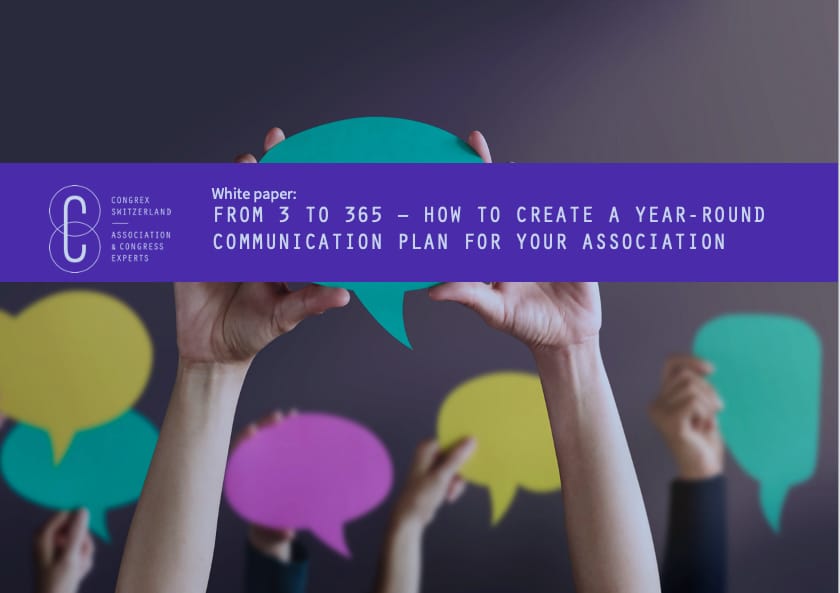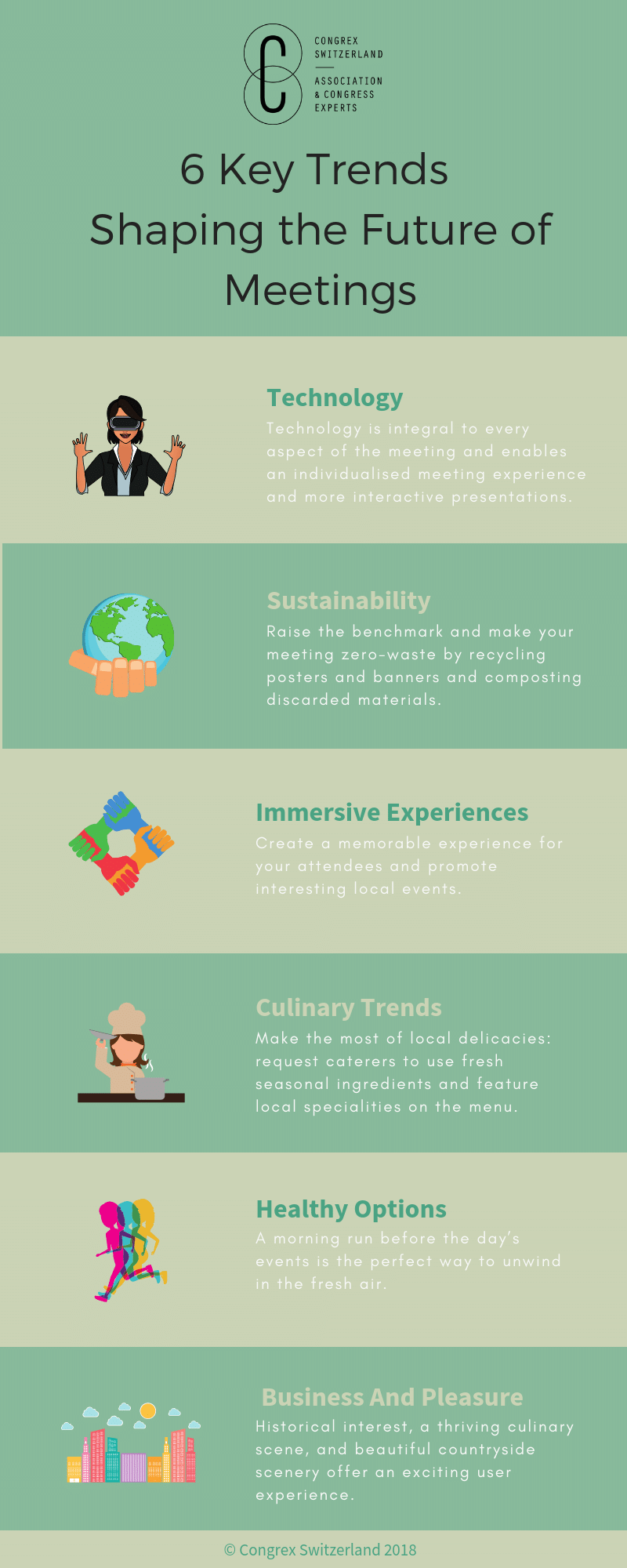“Many people ask the question, what is a PCO? PCO is just an acronym for Professional Conference Organiser. A company that mainly specialises in the planning of conferences, events and meetings. It is about conference and event management, which serve as their core business activity. Because of this, people who require their services can assure that meetings will become a success.”
[2021 Update] Conference planning, besides association management, has been one of our core services for many years. Our success in planning and organising high-level events are primarily based on a thorough understanding of our role as professional conference organisers.

Years of experience have taught us a valuable lesson: event organisers and PCOs must have a flexible long-term vision. Conferences and events must meet professional needs, which change over time. Therefore, the services offered by organisers and PCOs should always reflect the current environment.
With this in mind, we have set out to provide an update on our 2015 blog post. In this article, we will examine how the role of the professional conference organiser has changed and what is needed to rise to 21st-century challenges.
The Traditional Role Of The Professional Conference Organiser
Traditionally, the role of PCOs involved planning, implementing, coordinating, and supervising many areas that are common to most meetings and conferences, namely:
- Administrative management.
- Venue sourcing.
- Logistics and financial management.
- Event registration.
- Catering arrangements.
- Marketing and communications, including social media and email marketing activities.
- Speaker and abstract management.
- Sponsorship and exhibition management.
- Travel and accommodation services
RELATED: The PCO as a Consultant
However, many changes stemming from the pandemic and technological advances call for an update on core PCO services.
What Has Changed?
Experience design
The experience design concept has moved from tech applications such as websites or app designs to professional congresses and other in-person events. Experience design means ensuring those event participants enjoy a seamless experience at every touchpoint.

Hybrid Events and the symbiosis between online and in-person events
The large-scale shift towards online events is one of the most significant changes in the event industry. The challenge lies in translating personal interaction and networking into a compelling online strategy.
RELATED: How to Ensure Hybrid Conference Success
The focus on sustainability
Requirements associated with climate change are redefining the events industry. There is a growing awareness about the environmental impact of events. International standards have already been published, drawing attention to integrating social and environmental responsibility issues in event planning.
RELATED: Climate-Friendly Conference: What You Need to Know
Destination marketing
Destination marketing is linked to experiential design since it involves expanding the event experience beyond the venue. PCOs of today must integrate destination and event marketing and have a clear rationale about their choice of location. Not to forget to show how that choice aligns with attendee profiles and event goals.
RELATED: The Benefits of using a Professional Conference Travel Agency to accommodate Faculty Members
Next, we will look at how these changes translate into the need to update and upgrade the services offered by professional conference organisers.
The 21st-Century Professional Congress Organiser
Moving forward, the following services will be critical to the success of a 21st-century event planning and executing strategies:
Hybrid event consultancy
PCOs should be fully conversant with hybrid events that have a vital digital component. This means understanding the different types of hybrid models and their suitability to other event types. It is also necessary to have a reliable system of managing both live and online aspects of events and merging two experience types seamlessly. Therefore, PCOs should explore their role as technology consultants.
RELATED: The Ultimate Beginners Online Event Planning Checklist
Coaching
These are uncharted waters for many associations and professional organisations, meaning PCOs must take the lead in coaching and training. Services like speaker support or training for digital event organisation and production will give clients more tools and help build collaborative relationships.

Risk assessment
Although this isn’t a new concept, PCOs cannot overlook recent developments like increased risks of civil unrest and terrorist attacks. Event planning should now incorporate complete security strategies combining entrance control strategies, training so that staff are prepared to respond to dangerous situations and evacuation plans in collaboration with local authorities, to only name a few.
Moreover, the pandemic changed the depth and breadth of event risk health management. In our white paper “Hygiene And Infection Protection For Business Events And Venues”, which you can download here, we discussed how to bring hygiene and infection protection strategies to the forefront of event planning.
Related: Towards A New Understanding Of Hygiene And Infection Prevention
Meeting architecture
21st-century meeting design has a solid experiential focus. It requires in-depth knowledge of the participant’s journey to create inclusive and authentic experiences. Acting as meeting architects, PCOs align event objectives with content and format so that events deliver optimal value to all stakeholders.
RELATED: The Impact of Effective Conference Content Distribution on Delegate Experience
Marketing services
Both digital event marketing and conventional marketing must be adapted to new environments. PCOs will play a key role in multi-channel content creation and formulating strategies to repurpose event content. Moreover, they should be ready to provide additional services like data analytics and extended reporting functions.
RELATED: All You Need to Know About Event Marketing
Sustainable meetings
Sustainability will be at the heart of event planning. Among other things, organising green meetings will require making choices based on the event’s potential environmental impact and forging partnerships with contractors who share the same values.

Conclusion
Amid a changing landscape, professional conference organisers must re-examine their role and reformulate it to align with new realities and demands. The concepts covered in this article can help bring expertise and added value that resonates with the needs and expectations of clients, sponsors, and event participants. If you would like to apply these concepts to your next event, contact the Congrex team.

![The Role of the Professional Conference Organiser (Core PCO) [2021 updated version] The Role of the Professional Conference Organiser (Core PCO) [2021 updated version]](https://congrex.com/wp-content/uploads/2015/08/The-Role-of-the-Professional-Conference-Organiser_PCO.jpg)






